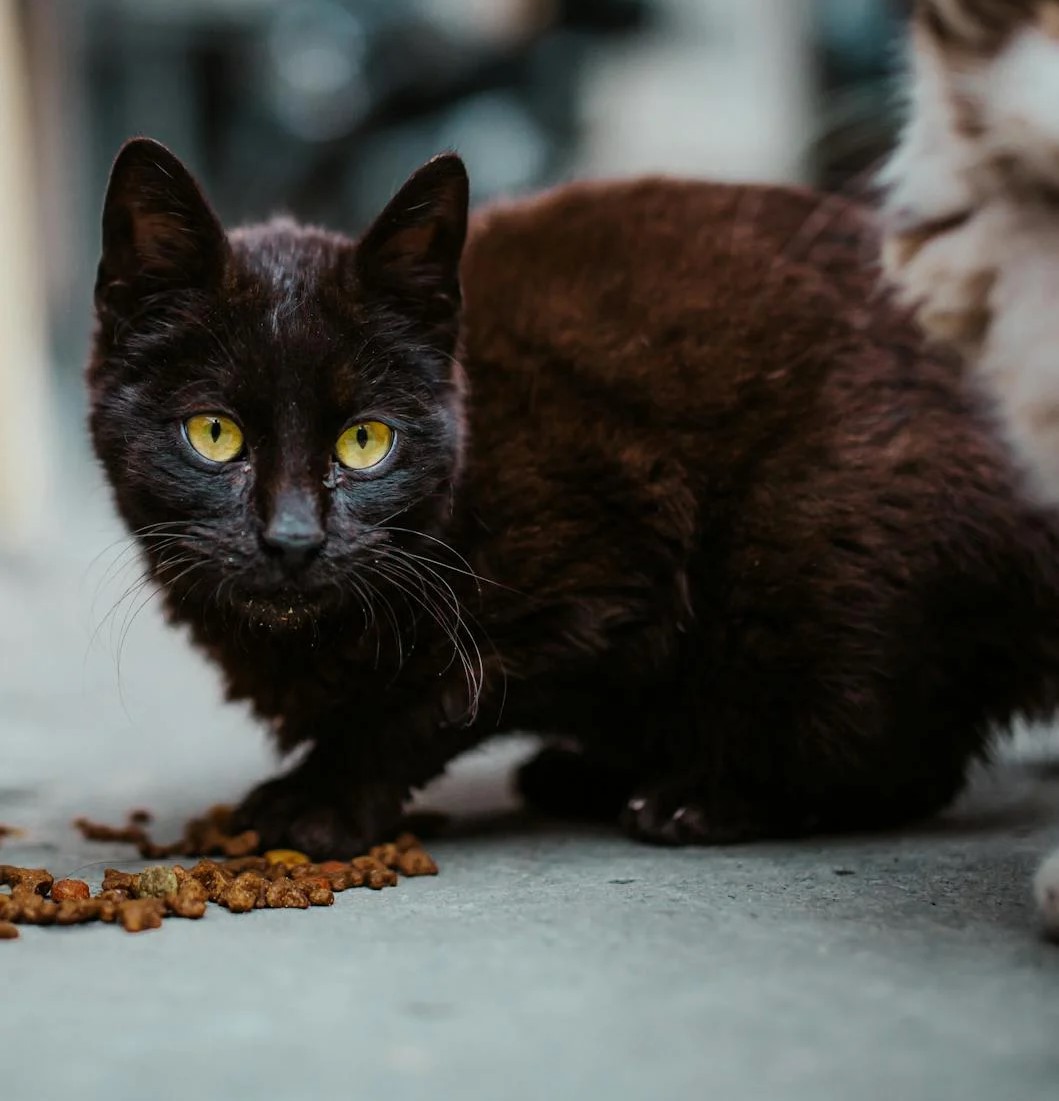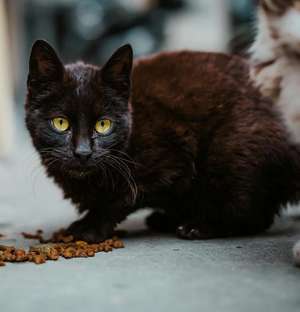
Compassionate Feeding: A Guide on What to Feed Stray Dogs and Cats
Encountering stray dogs and cats tugs at the heartstrings of many compassionate individuals. While providing food to these furry friends is a kind gesture, it's essential to ensure that the offerings are nutritious and safe for their health. In this comprehensive guide, we'll explore practical tips on what to feed stray dogs and cats, promoting their well-being in a considerate and responsible manner.
Dry Dog or Cat Food:
Offering dry dog or cat food is a convenient and well-balanced option for stray animals. These foods are designed to provide essential nutrients and are easy to store. Opt for high-quality brands that offer complete and balanced nutrition.
Wet Food in Moderation:
Wet dog or cat food can be a tasty treat, but it's advisable to offer it in moderation. Wet food can spoil quickly, attracting pests and causing digestive issues if left uneaten.
Cooked Meat and Eggs:
Cooked lean meats like chicken or turkey and scrambled eggs can be a good source of protein for stray animals. Ensure that the meat is plain, without seasoning or spices, and avoid feeding raw meat to prevent potential health risks.
Unseasoned Rice and Pasta:
Unseasoned cooked rice or pasta can provide a source of carbohydrates for energy. However, it's crucial to avoid adding any spices, sauces, or seasonings, as these can be harmful to animals.
Fruits and Vegetables:
Certain fruits and vegetables can be suitable for stray animals, offering vitamins and minerals. Safe options include apples (without seeds), carrots, and leafy greens. Avoid onions, garlic, and grapes, as they can be toxic to pets.
Avoid processed foods:
Steer clear of feeding stray animals highly processed or seasoned human foods, such as fast food leftovers or snacks. These can be detrimental to their health and may contain ingredients that are harmful to animals.
Fresh water is essential.
Providing fresh water is paramount for the health of stray animals. Ensure a clean water source is readily available to prevent dehydration, especially during hot weather.
Establish a feeding routine:
Establishing a consistent feeding routine helps stray animals predict when and where they can find food. This routine can also minimize conflicts among animals during feeding times.
Consider special dietary needs:
If you regularly feed a specific group of stray animals, be mindful of any special dietary needs. For instance, pregnant or nursing animals may require additional nutrients, and older animals may benefit from softer foods.
Community Efforts and Awareness:
Collaborate with local communities to create awareness about responsible feeding practices for stray animals. Encourage the establishment of community feeding stations with the cooperation of local authorities.
Vet check-ups and vaccinations:
If possible, work with local animal welfare organizations to arrange vet check-ups and vaccinations for stray animals. This can contribute significantly to their overall health and prevent the spread of diseases.
Monitor Animal Behavior:
Pay attention to the behaviour of stray animals you are feeding. If you notice any signs of illness or distress, consider reaching out to local animal rescue organisations or a veterinarian for assistance.
Feeding stray dogs and cats is an act of kindness that can make a significant difference in their lives. By offering nutritious and safe food, establishing a feeding routine, and collaborating with local communities, you contribute to the well-being of these animals in a responsible manner. Remember, your compassionate actions not only nourish their bodies but also provide a glimmer of hope and care in their challenging lives on the streets.





